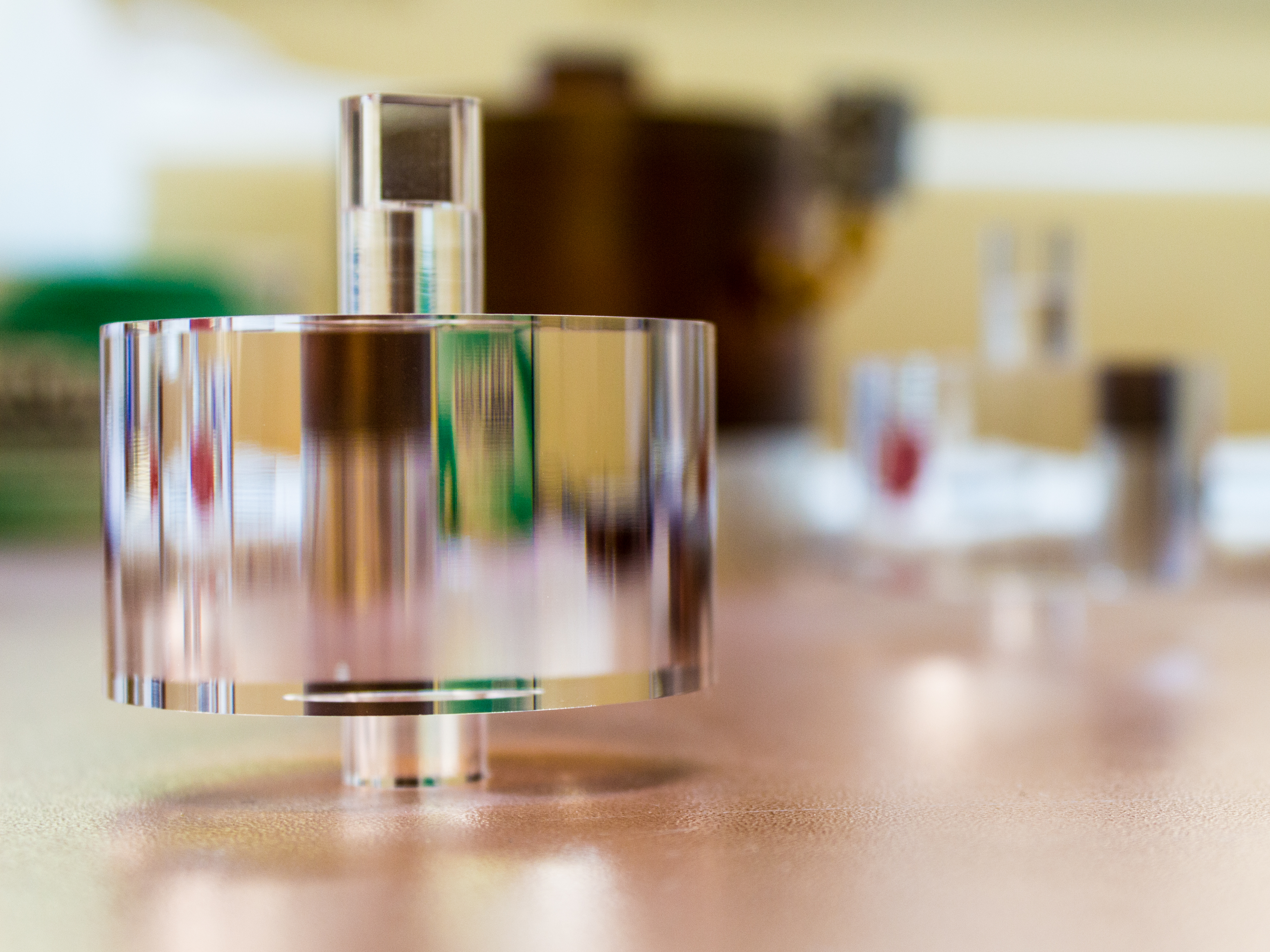One of Australia’s Eureka Prizes was awarded to University of Adelaide researchers for their work on “the world’s most precise clock.”
They won the Eureka Prize for Outstanding Science in Safeguarding Australia, which is sponsored by Defence Science and Technology (DST). The honor highlights a team that could potentially bolster Australia’s national security through innovative solutions.
The device, named the Cryogenic Sapphire Oscillator (or the Sapphire Clock for short), was developed by the University of Adelaide’s Institute for Photonics and Advanced Sensing, along with start-up company Cryoclock Pty Ltd.
According to the researchers, its precision is 1,000 times greater than current commercial systems—it gains or loses only 1 second over 40 million years. The Sapphire Clock also emits a pure, ultra-low noise signal, which ups the accuracy of frequency and timing in electronic devices.
“With its unparalleled precision, the Sapphire Clock offers the potential for an upgrade of the Jindalee Over-The-Horizon Radar Network (JORN) system, which monitors aircraft and ships off Australia’s northern approaches,” says Professor Andre Luiten, director of the Institute for Photonics and Advanced Sensing, and the project’s team leader.
Luiten explains how JORN’s long distance object-sensing abilities are dependent upon the purity of the reference clock frequencies. “Our Sapphire Clock would allow JORN to generate signals that are 1,000 times purer than its current technology,” says Luiten.
Superior signals will allow JORN to spot smaller, slower-moving objects at greater distances, which according to Luiten, will contribute to the country’s defense and security.
Take a gander below to see the Sapphire Clock’s internal crystal.


